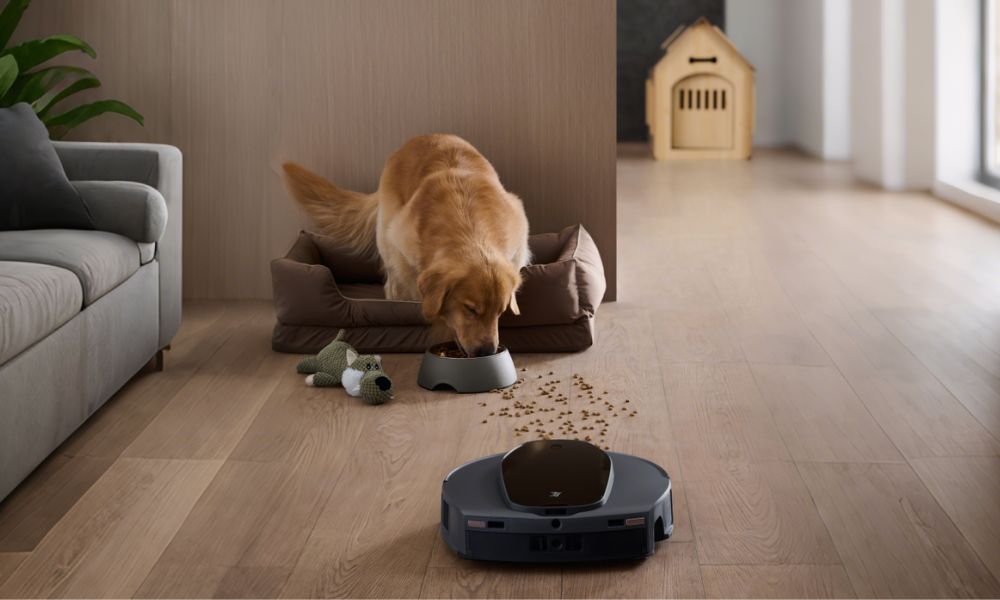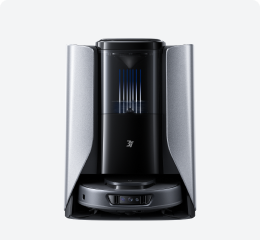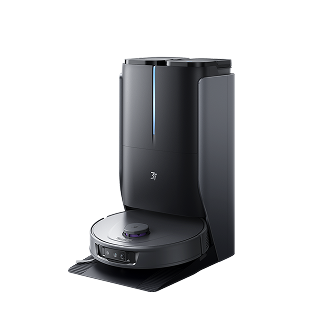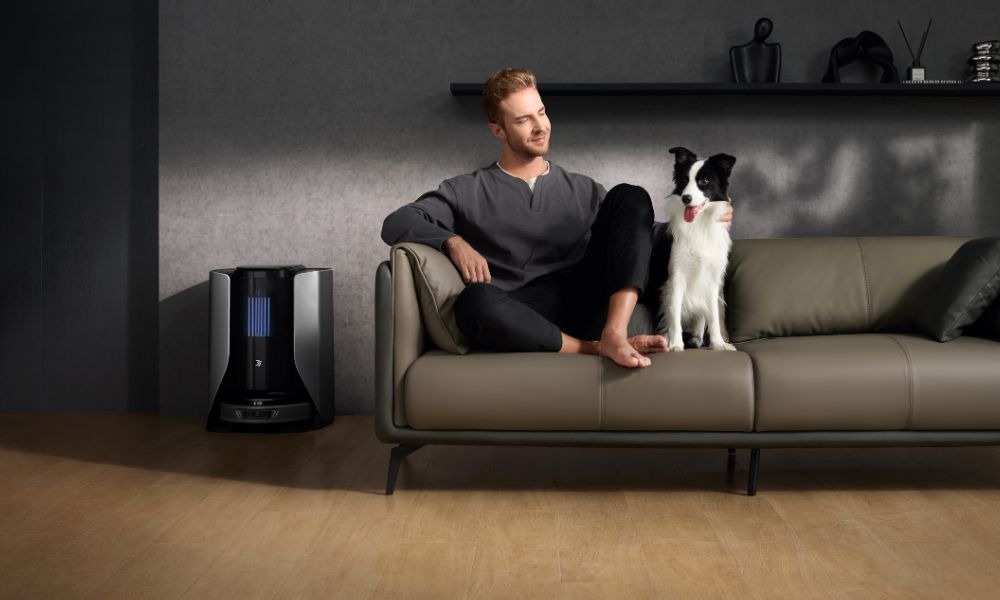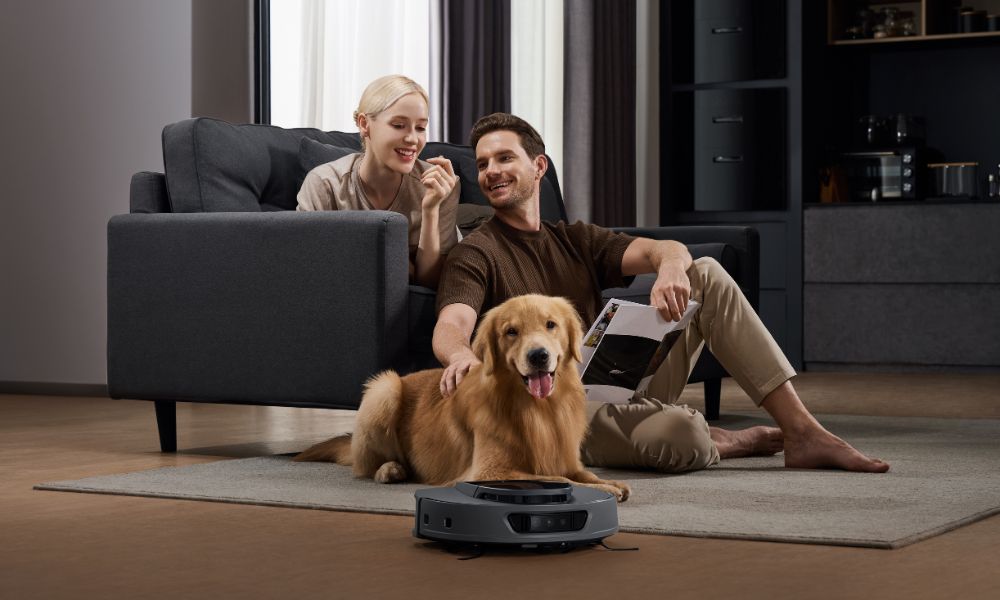Hardwood floors are a timeless and elegant addition to any home, but they require special care to maintain their beauty and longevity. One of the most important tools for keeping hardwood floors clean is a vacuum cleaner. However, not all vacuum cleaners are created equal when it comes to hardwood floors.
In this article, we will explore how to choose the best sweeping robot for hardwood floors, what factors to consider, and how to maintain your vacuum to ensure it continues to perform at its best.
What Type of Vacuum to Use on Hardwood Floors?
When you have hardwood floors installed in your home, it is important to choose the right vacuum cleaner when cleaning hardwood floors. Here are some of the types of vacuum cleaners that are suitable for hardwood floors:
- Canister Vacuums: Canister vacuums are also great for hardwood floors because they are lightweight and easy to maneuver. They often come with a variety of attachments, including a soft brush roll that is gentle on hardwood floors.
- Upright Vacuums: Upright vacuums are another great choice for hardwood floors because they are lightweight, easy to store, and come with a motorized brush roll that can be turned off to prevent scratching.
- Upright Vacuums: While upright vacuums are generally better for carpets, some models come with settings specifically for hardwood floors. Therefore, it is recommended to look for an upright vacuum with a brush roll that can be turned off or adjusted to a height that will not scratch the floor.
- Robot Vacuums: Robot vacuums are a convenient option for busy homeowners, and there are many models that are designed to be gentle on hardwood floors and can be programmed to clean automatically.

What Factors to Consider When Choosing a Vacuum for Hardwood Floors?
Suction Power
Powerful suction is important for picking up dust and debris, but too much suction can make the vacuum difficult to move. Therefore. Look for a vacuum with adjustable suction power to maintain easy maneuverability while still cleaning thoroughly.
Roller Brush
The roller brush helps pick up dust and pet hair, and it is gentle on hardwood floors. Some types of vacuums now allow you to turn off or adjust the roller brush, ensuring that it does not scratch the floor while still cleaning effectively.
Filtration System
A good filtration system captures dust and allergens, which is especially important for allergy sufferers. Equipped with a HEPA filter can capture 99.97% of particles as small as 0.3 microns, improving indoor air quality.
Weight and Maneuverability
Lightweight vacuums are easier to move and less likely to scratch hardwood floors. Additionally, heavier models can be more difficult to maneuver, so look for a vacuum that is easy to push and pull and does not require too much effort.
Noise Level
If you are sensitive to noise, choose a vacuum with a lower decibel rating. Because some vacuums are loud and can be disruptive, a quieter model will make the cleaning process more pleasant and less disruptive.
Corded vs. Cordless
Cordless vacuums offer freedom of movement but may have a shorter battery life. Corded models, for example, offer steady power but are less convenient. So choose based on the size of your cleaning area and how long you need the vacuum to run.
What Is the Best Vacuum Cleaner for Hardwood Floors?
The best vacuum cleaner for hardwood floors will depend on your specific needs and preferences. However, some models consistently receive high marks from consumers and experts alike.
3i S10 Ultra Vacuum
This self-empty robot vacuum combines vacuuming and mopping functions, designed specifically for hardwood floors. It uses advanced smart technology to clean efficiently while protecting your floors from scratches. It uses laser navigation to accurately map your home, automatically returns to the charging dock, and can be remotely controlled via an app, allowing you to easily schedule cleaning times to keep your home spotless.
3i P10 Ultra Vacuum
This self-cleaning robot vacuum has powerful suction that can easily suck up dust, debris, and pet hair, designed specifically for hardwood floors. It comes with a range of robot vacuum accessories, such as a multi-functional brush head, including a soft brush designed for hardwood to ensure your floors are scratch-free. In addition, the lightweight design and long battery life make it ideal for cleaning large areas, while the HEPA filter helps improve indoor air quality for a cleaner, healthier home.

How Do I Maintain My Vacuum for Hardwood Floors?
Once you’ve chosen the perfect vacuum cleaner for your hardwood floors, it’s important to maintain it properly to ensure it continues to perform well. Here are some tips for maintaining your vacuum:
- Empty the Bin or Change the Bag Regularly: A full bin or bag will reduce the suction power and make the vacuum cleaner less effective. Therefore, you can empty the bin or change the bag as needed.
- Clean the Brush: Hair and debris can get tangled in the brush and reduce its suction power. Therefore, clean the brush regularly to keep it working properly.
- Check the Filter: If your vacuum cleaner comes with a HEPA filter, it is important to clean or change the filter regularly to maintain optimal performance. Before cleaning, it is recommended to check the manufacturer's recommendations on how often to change the filter.
- Check the Wheels: The wheels of the vacuum cleaner can pick up dust and debris, which can scratch your hardwood floors. Therefore, check and clean the wheels regularly to prevent damage.
- Store Properly: When not in use, store the vacuum cleaner in a clean, dry place. Also, avoid placing it on the floor as this can cause the vacuum cleaner to accumulate dust and debris.
Conclusion
In conclusion, choosing the right vacuum cleaner for hardwood floors involves considering factors such as suction power, brush roll, filtration system, weight, and noise level. By selecting a vacuum that meets your needs and maintaining it properly, you can keep your hardwood floors clean and beautiful for years to come.
Related Reading: How to Install a Water Pipe for a Robot Cleaner?



